Delhi, September 2011: A number of articles in the international media over recent days have referenced an investigative report by Hong Kong based non-profit organisation Students and Scholars against Corporate Misbehaviour (SACOM) after a toy-manufacturing supplier “Sturdy Products” was found to be using employees in sweatshop conditions, including child labour, to make toy cars for multinational companies Disney and Mattel, as well as multinational retail chain Wal-mart.
The following is an excerpt from an article in The Guardian newspaper in the UK:
“Disney’s best-selling Cars toys are being made in a factory in China that uses child labour and forces staff to do three times the amount of overtime allowed by law, according to an investigation. One worker reportedly killed herself after being repeatedly shouted at by bosses. Others cited worries over poisonous chemicals. Disney has now launched its own investigation. It is claimed some of the 6,000 employees have to work an extra 120 hours every month to meet demand from western shops for the latest toys.
The factory, called Sturdy Products, makes toys for the giant Mattel company, which last month announced quarterly profits of £48m on the back of strong sales of Barbie dolls and Cars 2 toys. Sturdy Products, in the city of Shenzhen, also makes toys for US superstore chain Wal-mart. Among the brands produced are the Thomas the Tank Engine range, Matchbox cars, Cars, Toy Story, Barbie and Fisher Price products, Scrabble and the Hot Wheels sets.
SACOM’s accusations against the factory include:
The employment of a 14-year-old. Staff also reported the presence of other child workers according to the investigator.
Routine excessive overtime. Employees produced a “voluntary” document they said they had to sign agreeing to work beyond the maximum overtime legal limit of 36 hours a month, along with wage slips that suggested they were averaging 120 hours of overtime a month.
A harsh working environment in which workers complained of mistreatment by management. One worker injured on the production line was shouted at and ordered back to work despite needing medical treatment.
Concerns about the chemicals in use and poor ventilation. Employees claimed three workers had fallen ill. They said they had to hide pots of adhesive and thinners during audits of the factory by its client companies.
They also claimed that they were paid by the factory to give misleading answers during audits and that they were fined for failing to hit targets. The calculation of wages for different workers was described by SACOM as arbitrary.”
This is not the first reported instance of worker abuse linked to the manufacture of Disney toys. In 2007, areport found that management at the Disney producer Haowei Toys factory, also located in Shenzhen, forced workers to work 28 days a month, 15 hours a day for almost half the minimum wage. Employees similarly complained of poor ventilation.
A statement by Disney on the investigation unfortunately offers up a standard response that other multinational companies use time and again in such situations, namely that it “will continue to evaluate this situation based upon the information available to us.” A similar response was received from Wal-mart when it stated: “We take reports like this very seriously and we will implement a corrective action plan if our investigations confirm any of the findings”. Meanwhile, according to The Guardian, Mattel “… declined to comment directly on any of the allegations other than to note that the company was “deeply saddened” by the suicide but that, while it was “very tragic”, it was an isolated event and local authorities had found nothing suspicious about the circumstances.”
The CARE (Caring, Awareness, Responsible, Ethical) statement by the International Council of Toy Industries (ICTI) noted “… with sadness that a woman chose to end her life at the Sturdy factory this past May. We can only imagine how this tragedy has affected her family and friends and we have sent our condolences to them.” However, ICTI also criticised SACOM, stating: “We were therefore quite surprised by the accusatory statement made by SACOM on 8 July and find it very strange that, without talking to the ICTI CARE Process, they would conclude that there was something wrong at the factory that the ICP appointed auditors had missed in their audit.”
The report highlights the continuing challenges facing toy manufacturers and those who strive constantly to demand improvements in working conditions, the elimination of child and forced labour and accountability and transparency all along supply chains, especially in China.
“It is shameful and shocking that children are making toy cars and other toys in factories. Toys which bring so much pleasure and joy to children, are bringing pain to others,” said Global March Chairperson Kailash Satyarthi reacting to the report. “We are increasingly hearing about workers’ rights violations, poor working conditions and child labour across the globe as companies continue to cut costs and raise profits. There has been an explosion in the number of codes of conduct and private audits by companies, but these are just words on paper unless they are enforced and there is real improvement in working conditions. If companies are serious about tackling exploitative conditions among their suppliers, they should start by mapping the supply chain, identifying the risk areas, ensure that proper industrial relations are promoted and those violating core labour standards are prosecuted by state enforcement mechanisms.”
Sources: The Guardian, Disney, Mattel and ICTI CARE
For a copy of the article in The Guardian, click here
For more information on Disney’s Code of Conduct, click here
For more information on Mattel’s Corporate Social Responsibility, click here
For more information on ICTI CARE, click here
